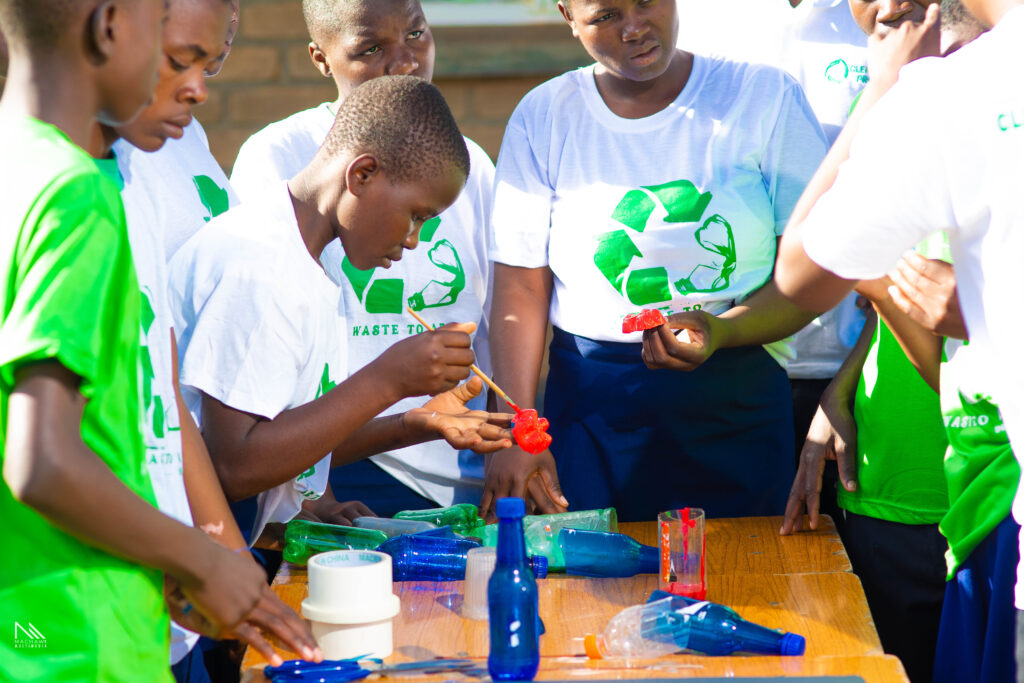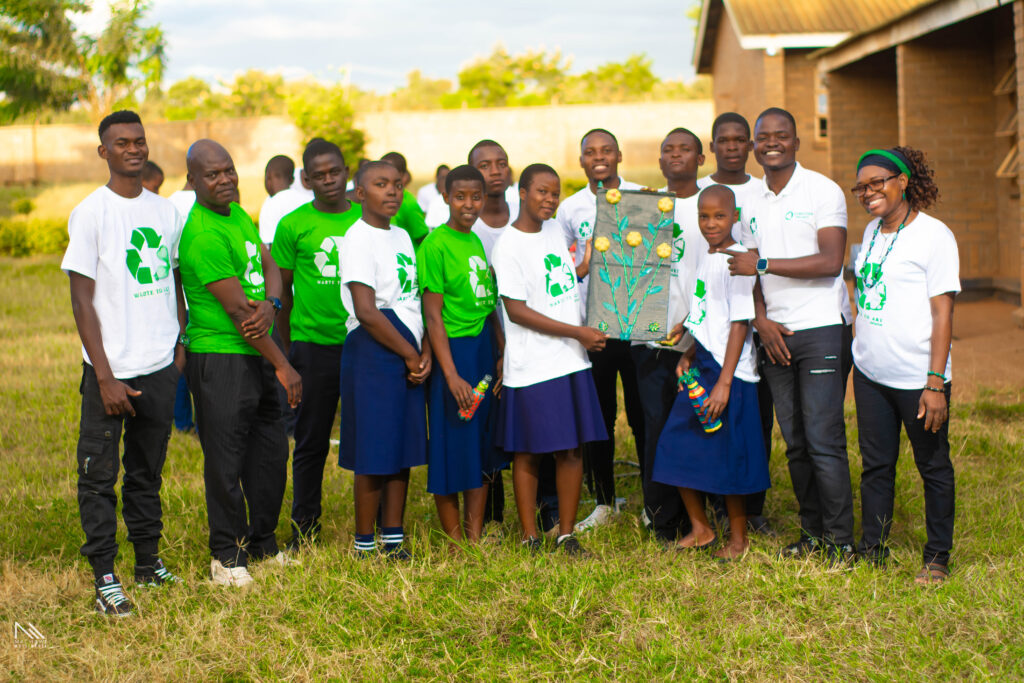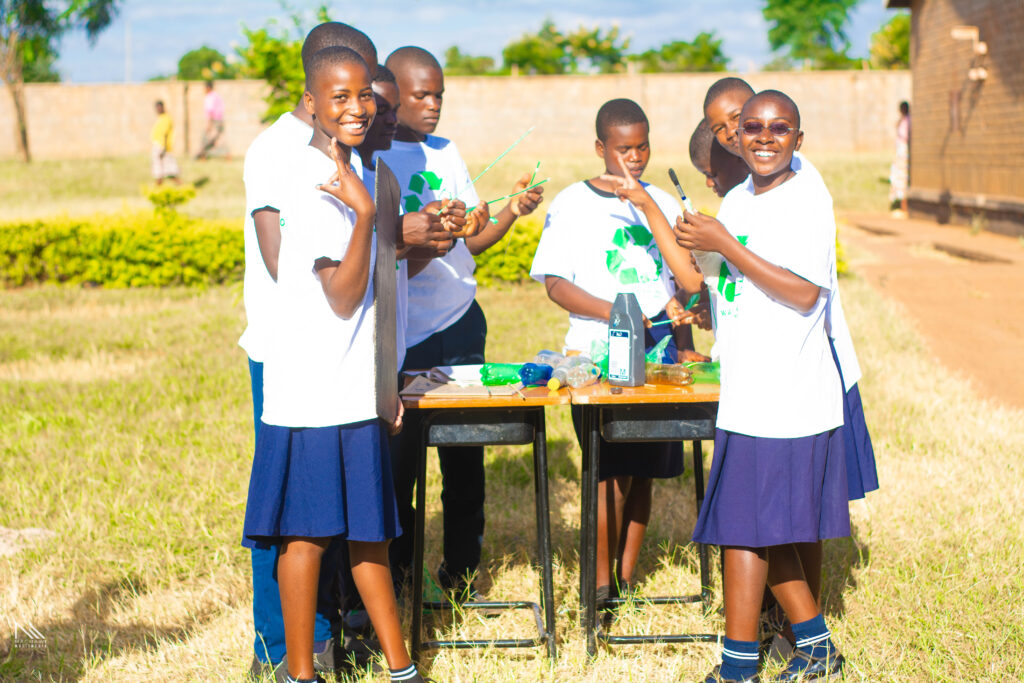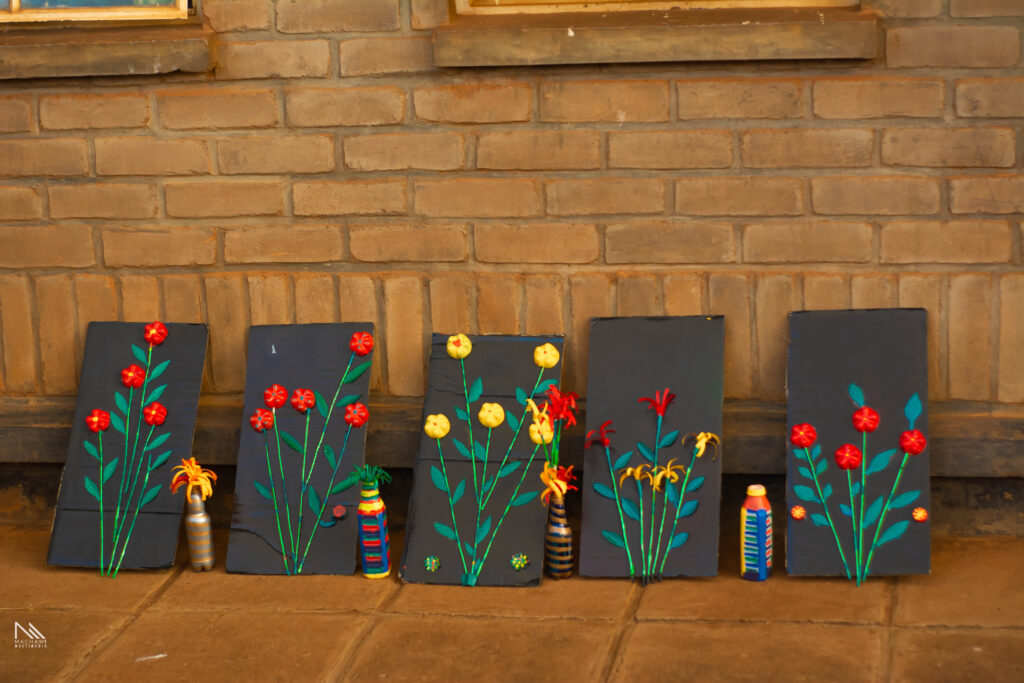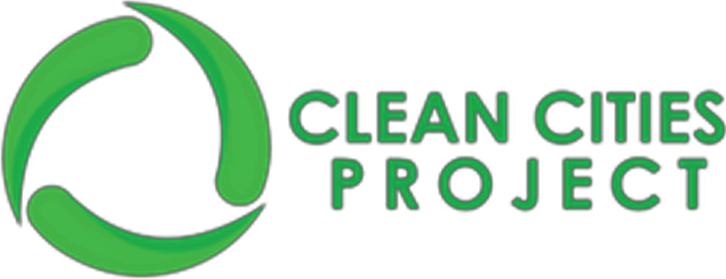After the resounding success of the Clean Cities Solidarity March, Clean Cities Project is poised to take the next big step in our journey towards environmental sustainability: scaling the Waste to Art initiative across Lilongwe city, communities, and schools. According to the UN Environment Programme (UNEP), more than 280,000 tonnes of solid waste remain uncollected annually in urban areas in Malawi. This staggering statistic raises a critical question: after the waste is collected, where does it go?
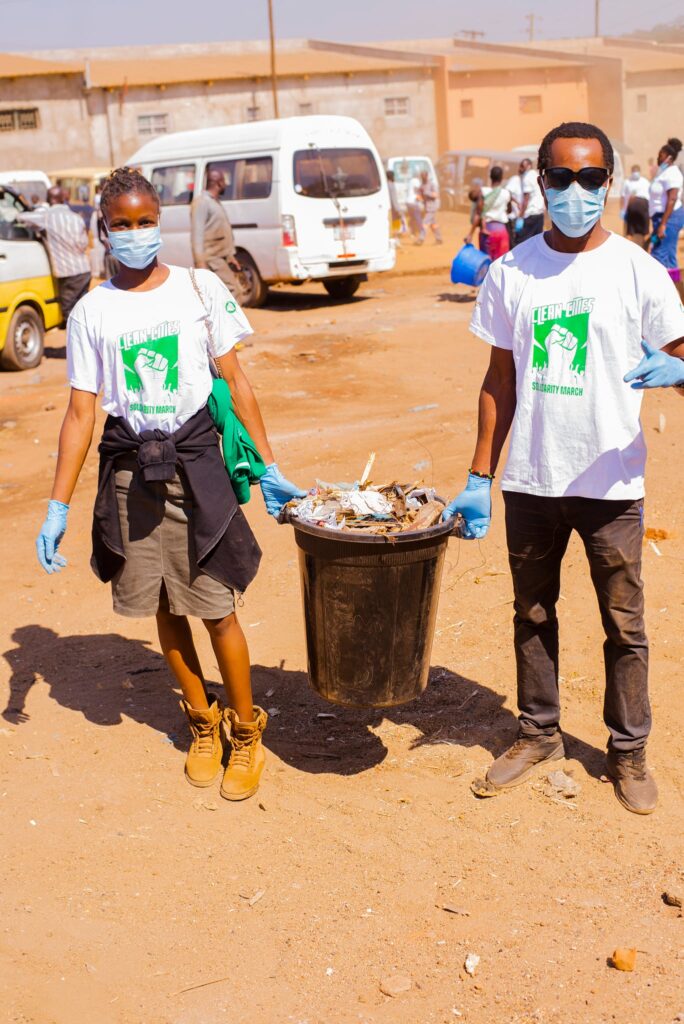

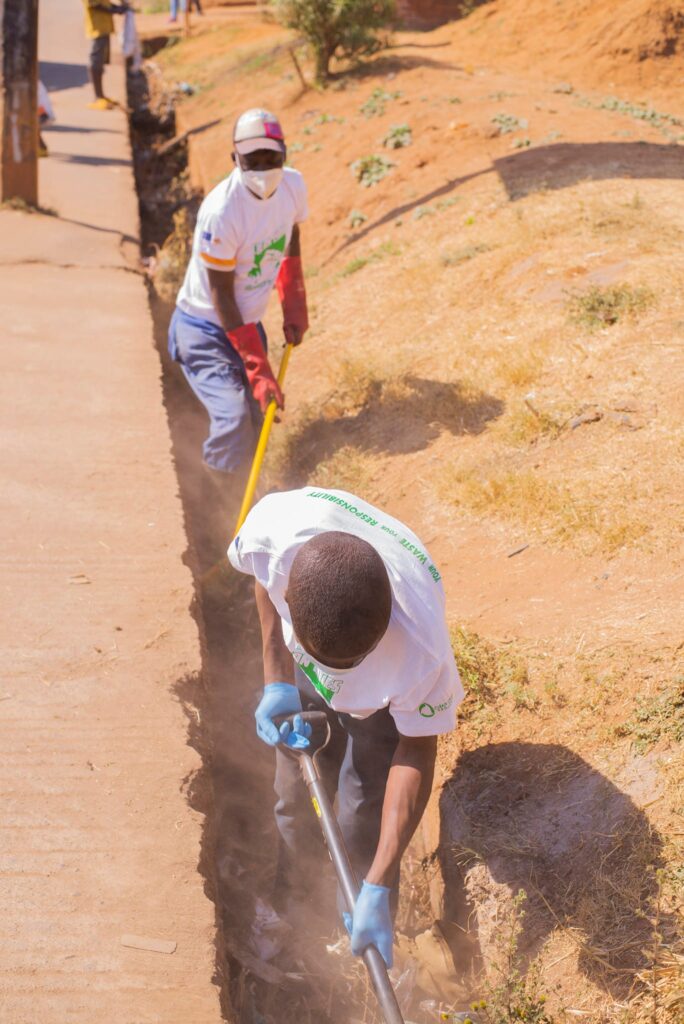
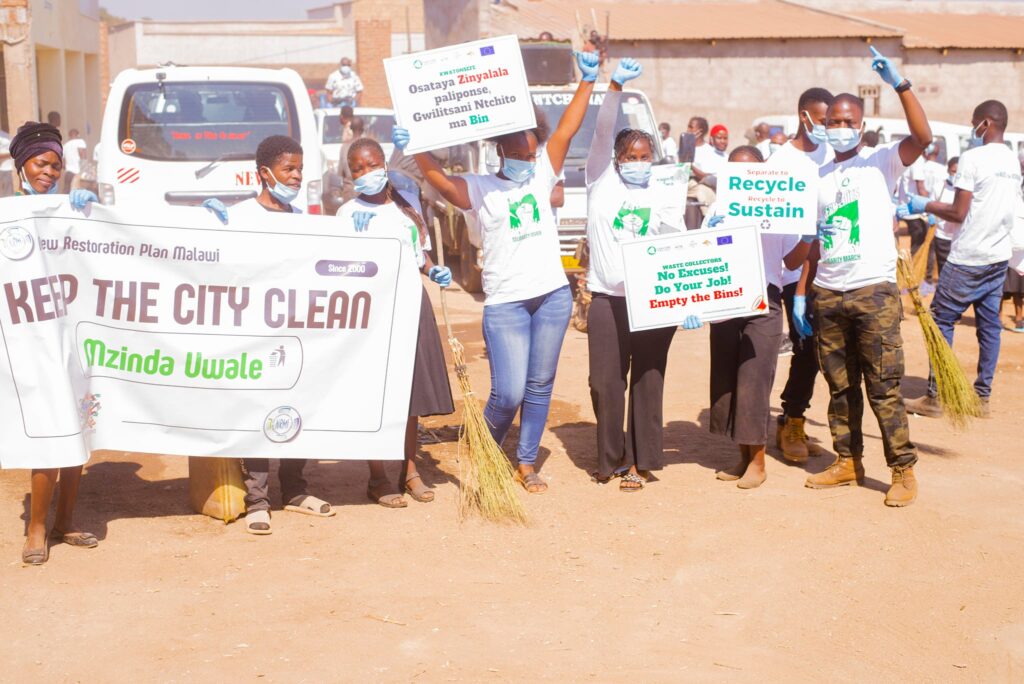
Our goal is clear: we do not want the waste to end up in landfills, be incinerated, or washed into oceans, as these practices are harmful to our ecosystems, health, and the climate. Instead, we are expanding our Waste to Art initiative, which trains students, youths, and even street children to recycle waste materials into art such as jewelry, flower vases, and wall hangings. This initiative not only addresses environmental concerns but also provides financial support and employment opportunities to the participants.
In addition to creating art, we aim to promote waste separation at the source. By doing so, we can redirect recyclable materials to waste recycling companies, significantly reducing the volume of waste that ends up in landfills. The Clean Cities Solidarity March has laid a strong foundation for the Waste to Art initiative, and we are committed to working with our partners to make this vision a reality.
Together, we can transform waste management in Lilongwe and beyond, creating cleaner, greener, and more sustainable communities for all. Stay tuned for more updates on our progress and upcoming projects.
